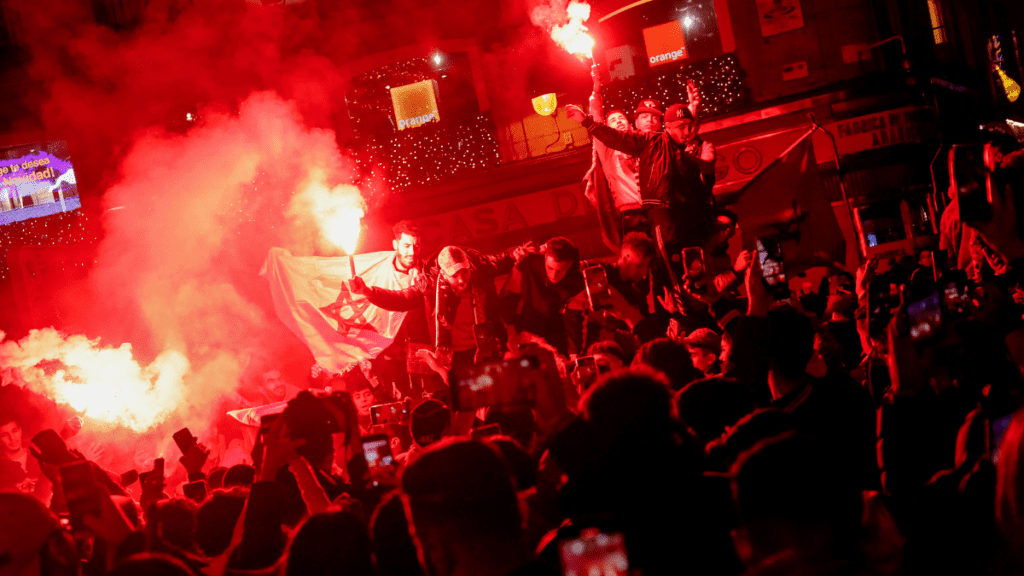
Rainbow Flags for Thee, Rioters for Me
Amidst talk of a victory for Muslims in general, vulgar ethnic resentment against Europeans on the part of rioters can pretend to stem from a principled opposition to secular, liberal postmodernity.

Amidst talk of a victory for Muslims in general, vulgar ethnic resentment against Europeans on the part of rioters can pretend to stem from a principled opposition to secular, liberal postmodernity.
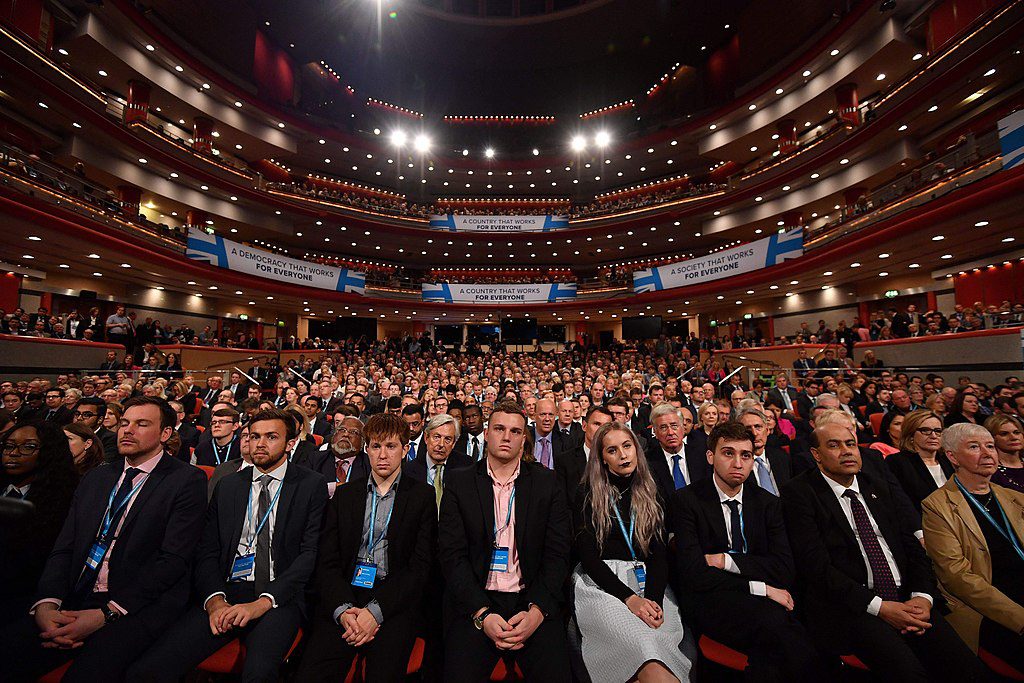
The real problem facing us: if we are not allowing members to vote for their leader, we have to concede that there must be a different reason for those members to feel valued. Yet, there is no easy fix here.

I have repeatedly defended the monarchy against fellow conservatives who feel that it is rapidly becoming another celebrity clique, jumping on the popular ‘woke’ bandwagons. Now, the royals have once again appeared to prove their most cynical detractors right.

When political corruption fills the void left behind by the demised freedom-minded policies of the early union, the EU gradually becomes a burden on the shoulders of the member states, not a platform under their feet.
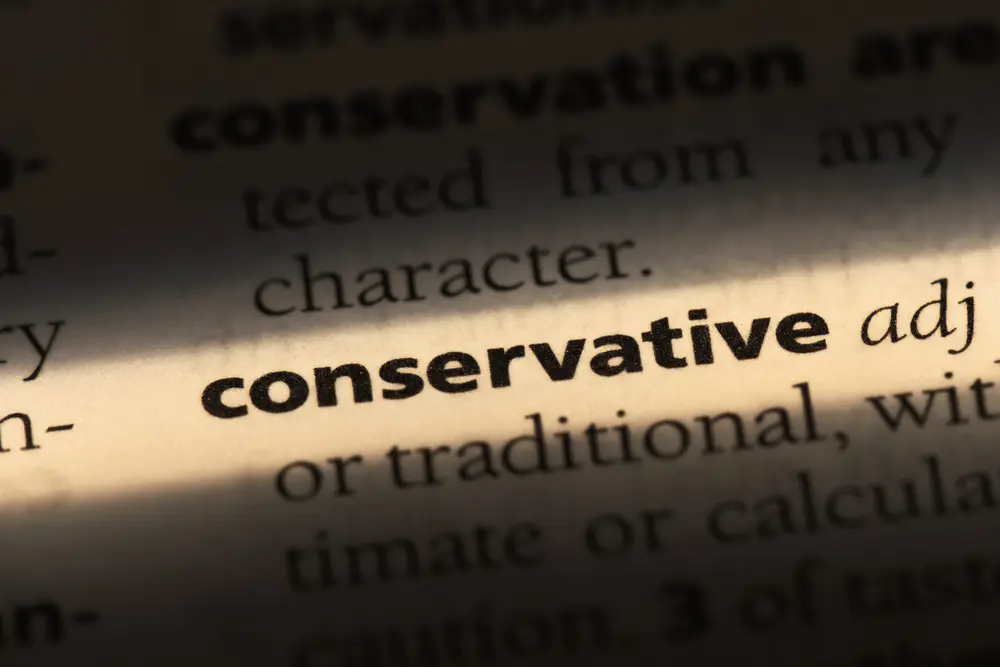
Neoconservatism is an ideology that consists of two things: a Scandinavian-style welfare state for domestic policy, and a Pax Americana doctrine for foreign policy.

The game is not completely played in advance. Ciotti and Retailleau have in common that they both assume a conservative right-wing discourse, but each in their own way.

For there to be blasphemy there needs to be religion and, in this case, I am referring to the religions of identity politics and climate-change activism. These are not merely religions, however; they are the religions of fanatics.

The stakes are thermonuclear. Military ‘experts’ and strategists are becoming far too comfortable with tweets, podcasts, and TV studio soundbites about tactical nuclear bomb yield, fallout, and downwind projections.

Neoconservative ideology is on a collision course with traditional conservatism. Where the former wants a more centralized government, the latter seeks solutions that strengthen local communities and give people as much power over their own lives as possible.

It is easy to distinguish and denounce a full-blown dictatorship, one that haunts, censures, and kills thousands. It is less straightforward to spot a soft dictatorship in an EU candidate country.

This was an opportune moment for the EU to recommit to the protection of freedom of religion or belief by reinforcing the existing EU instruments aimed at doing so and highlighting cases concerning minorities where this right has been violated. Yet, it did the exact opposite.

While the U.S. has its economic problems, the runaway government debt being an ominous example, its unending reliance on domestic spending for domestic prosperity is a winning recipe over time.

Only by rediscovering a vision of the good life that reckons with the suffering inherent in human experience and conceives of individuals as social animals bound by duty to one another—Edmund Burke’s “partnership of the dead, the living and the unborn”—do we stand a chance of bending the rising generation’s egotism and make them want to grace their communities and nations with new human beings.

I have thought since her first run that Dr. Leslyn Lewis is a breath of fresh air—the outsider candidate that the Ottawa bubble and the Conservative Party needs. The Harper-clones have been at the top for a long time, but it is past time for a facelift.
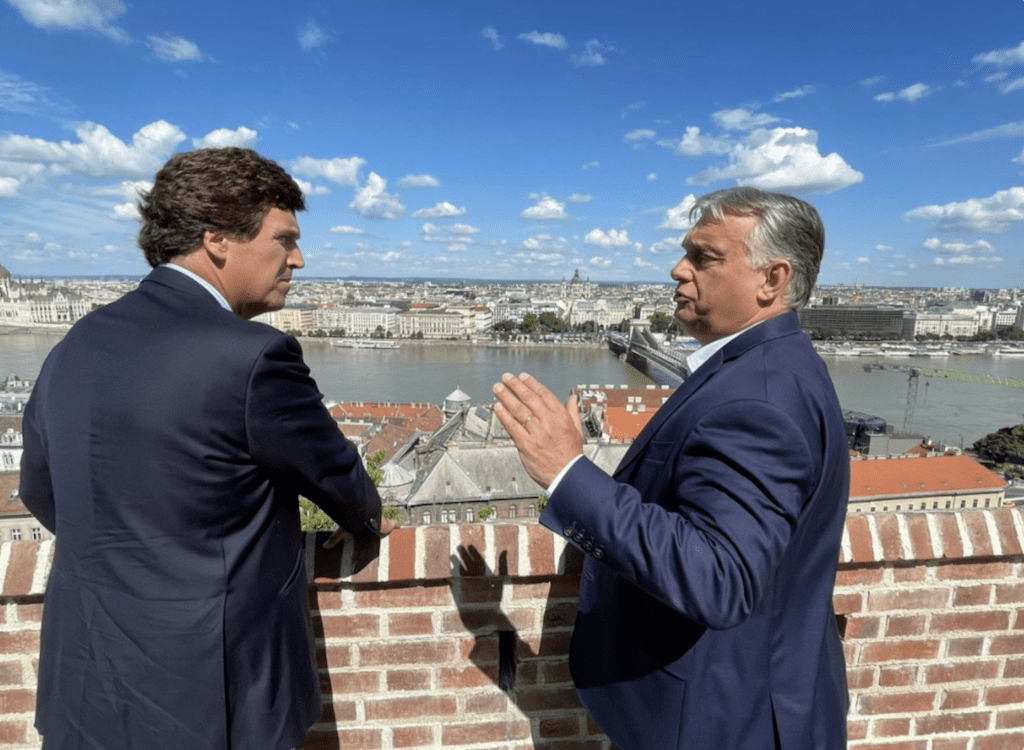
The legacy of 20th century history has left the Right in Central Europe questioning what we are meant to conserve after 40 years of communism. Our task is not so much to preserve traditions, but to reawaken them and to establish new ones. This approach is more reactionary; Central European conservatism is combative, because it has to be.

The Orbán cabinet has put in place the means for Hungary to be independent from Russian natural gas. In the course of 12 years, it built links to all possible alternative energy sources; the fact that a number of them are inoperable is due to other countries.

Over time, as artificial intelligence gets more entrenched in the realm of moral decision-making, it is entirely possible that the AI’s used for those decisions become standardized. But is this desirable? The answer has less to do with the form under which the decision is made—an algorithm or a human brain—and more with what moral values the decision maker applies to the problem.
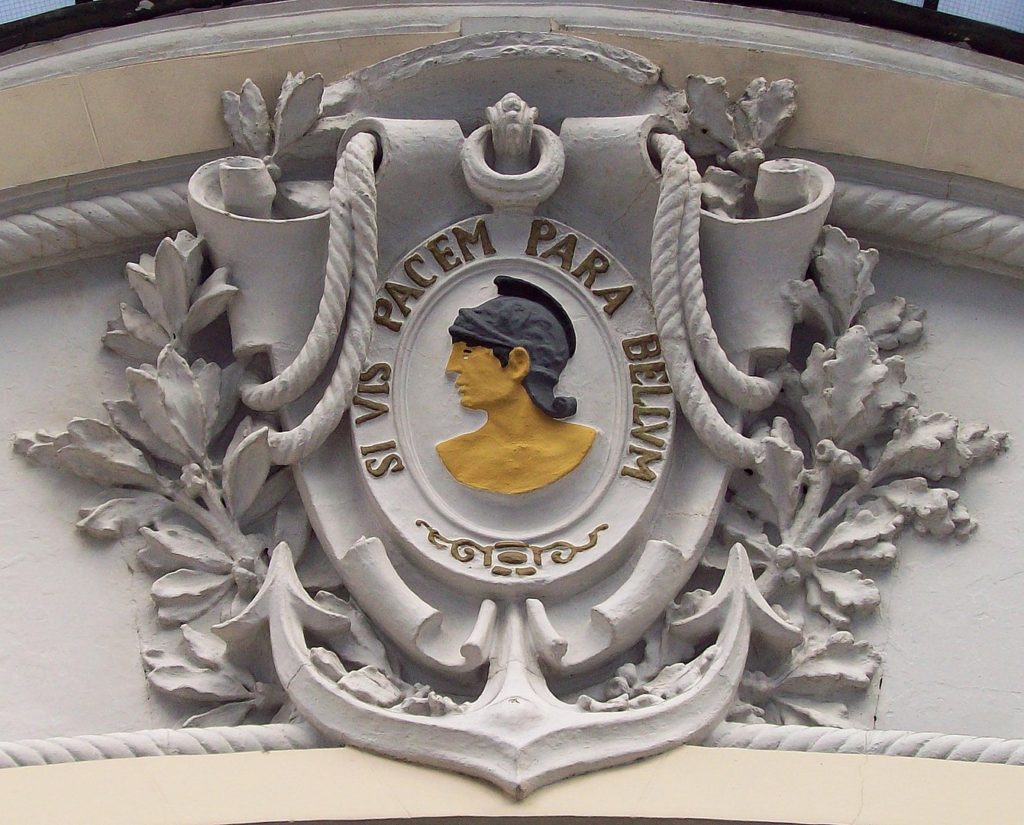
There are a few things that the West can do. One is to follow the Latin motto “Si vis pacem, para bellum,” or “If you want peace, prepare for war.” This certainly applies to the Benelux, Germany, and Sweden, whose armed forces have been severely weakened over the past three decades.
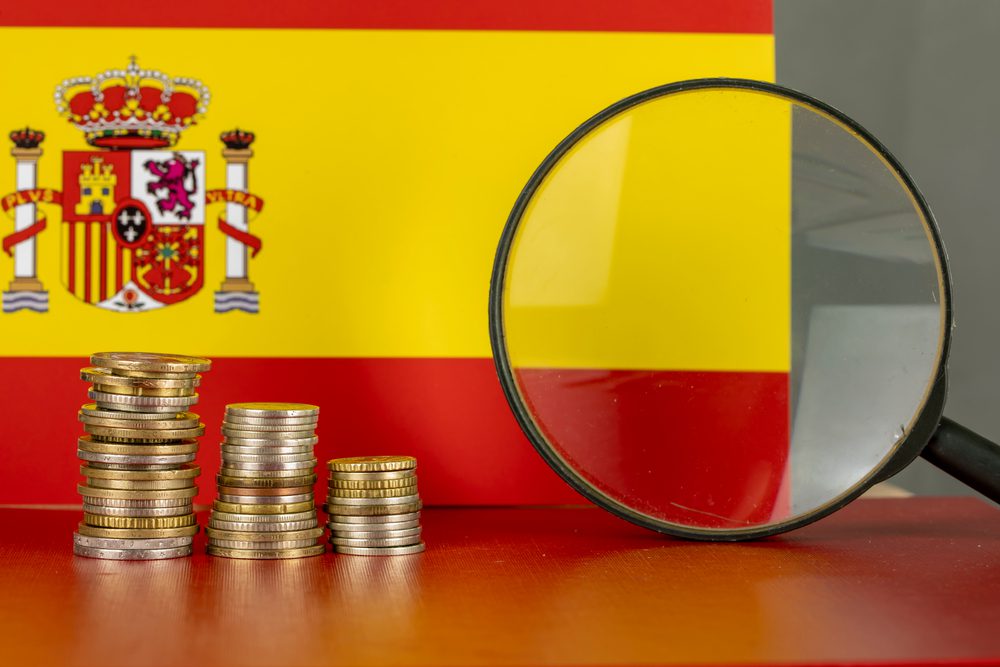
While short-term adjustments in spending can boost government efficiency and eliminate wasteful programs, a permanent solution to economic stagnation and unending budget deficits must focus on the ideological core of the welfare state.

The near-total elimination of independent media has emboldened the pro-Beijing press to be even more aggressive in hounding the regime’s critics. Next week, on May 3rd, we will mark World Press Freedom Day. Let’s ensure it means something.

Following these elections, the horizon of French political life appears very dark. The next deadline is in about a month and a half with the legislative elections. President Macron is almost certain to win a majority, if not an absolute majority. From then on, he will have no counter-power—for five long years.

Matt Hancock’s performance as Britain’s Health Secretary exhibited all the wisdom of a man trying to prevent a burglary by welding the cat flap shut, but leaving the front door open.